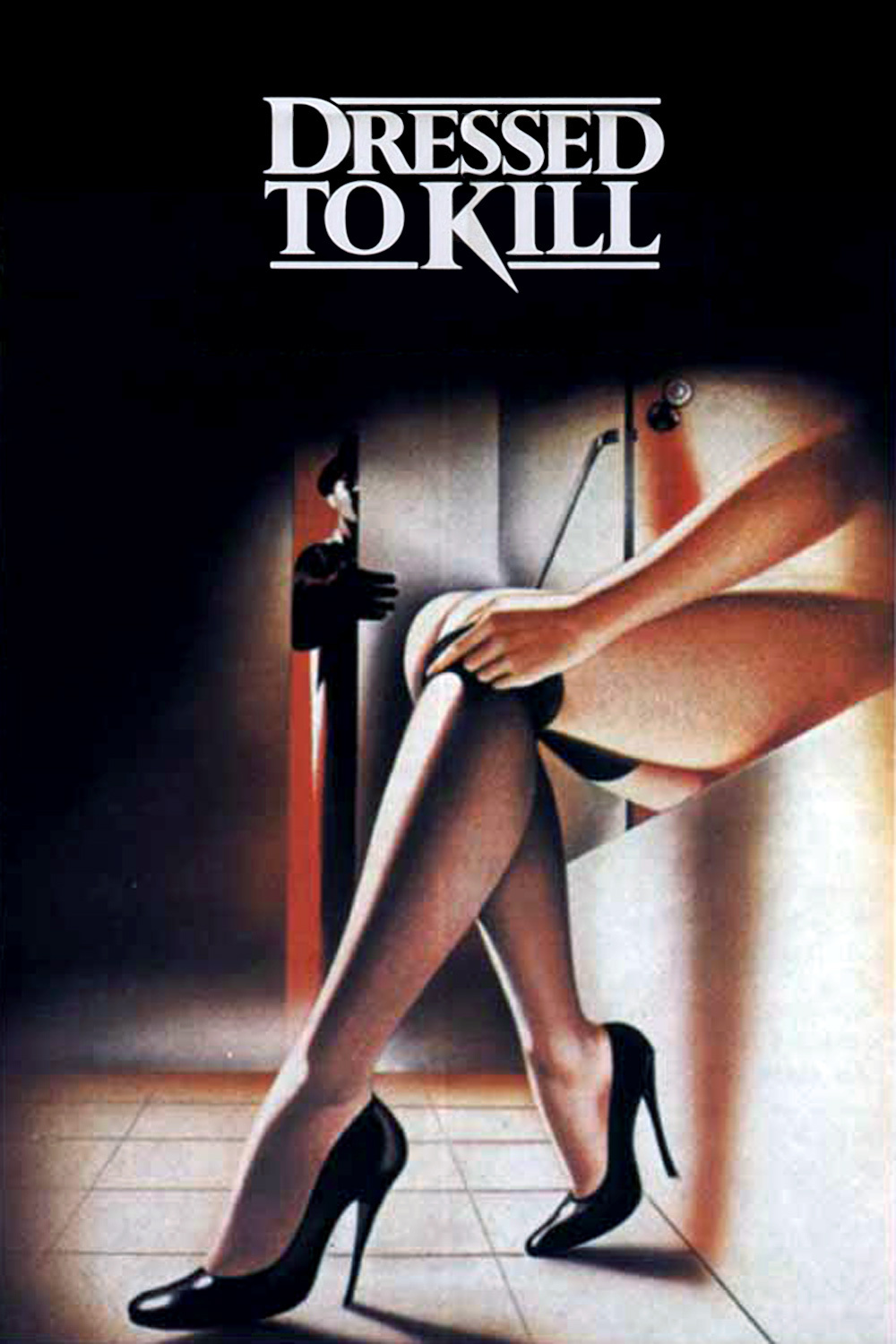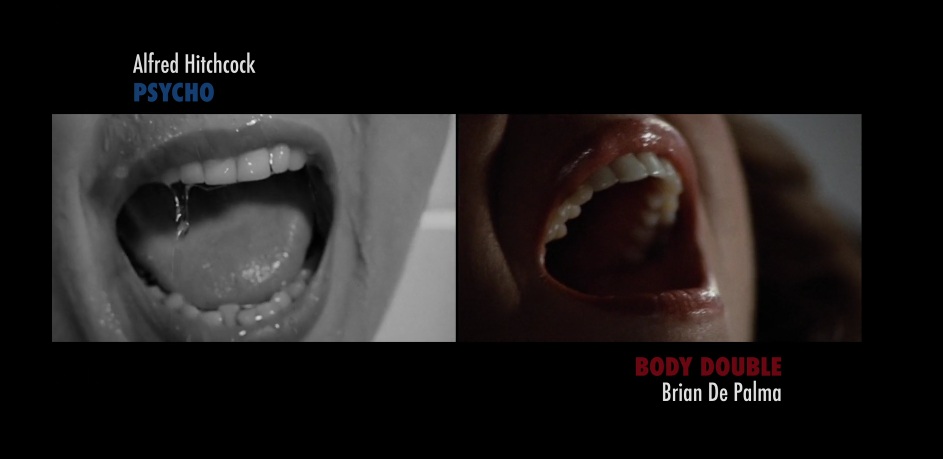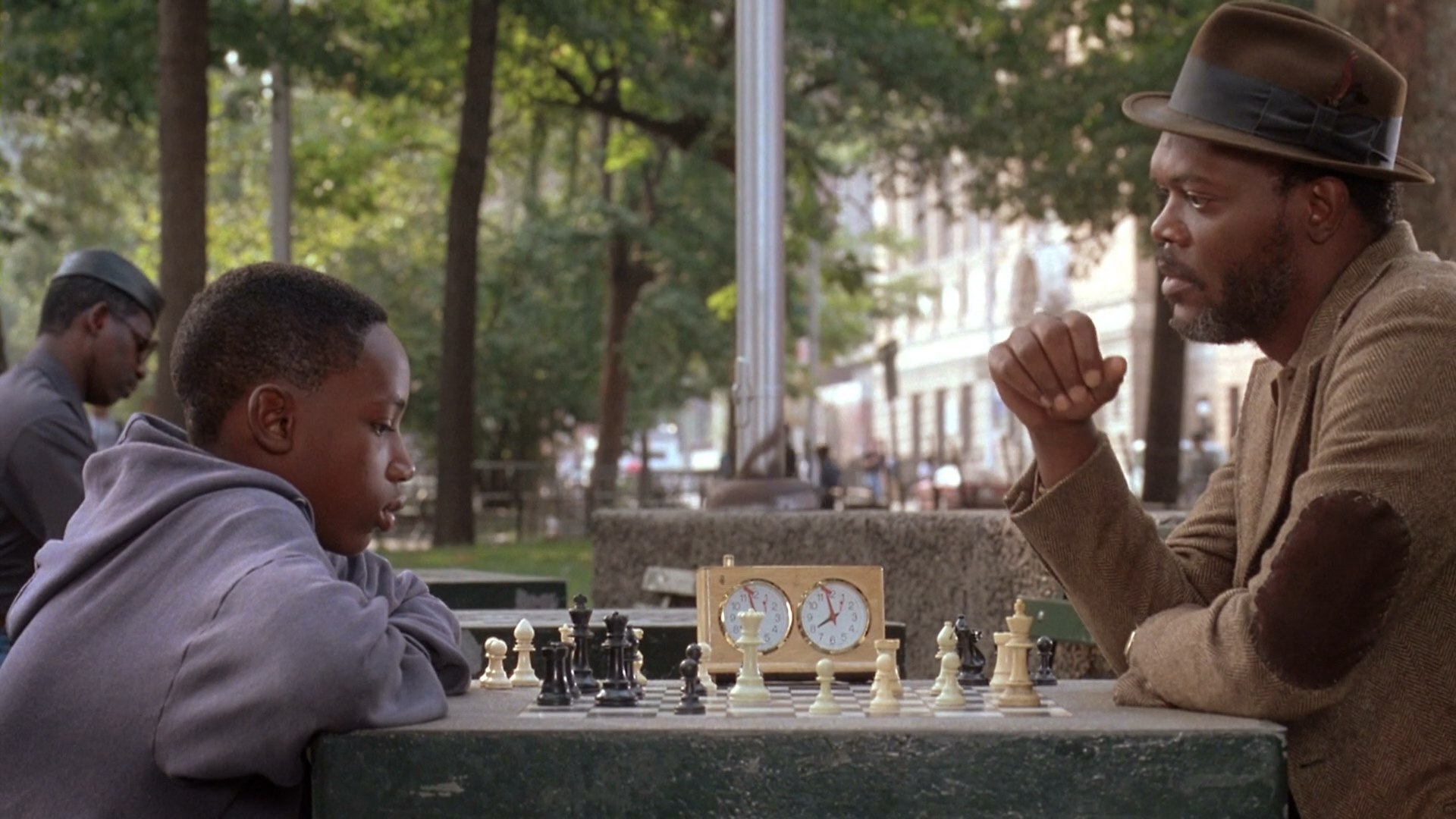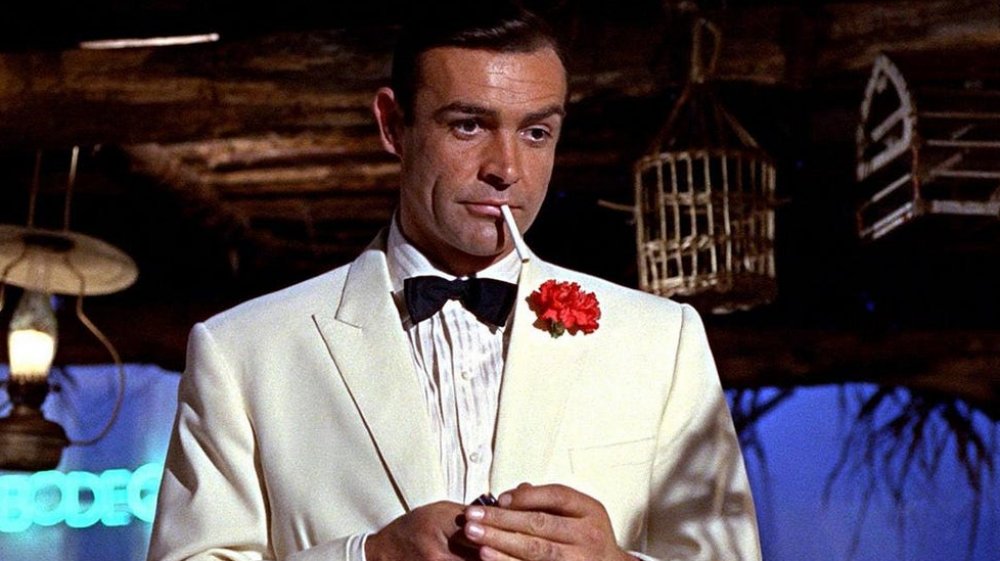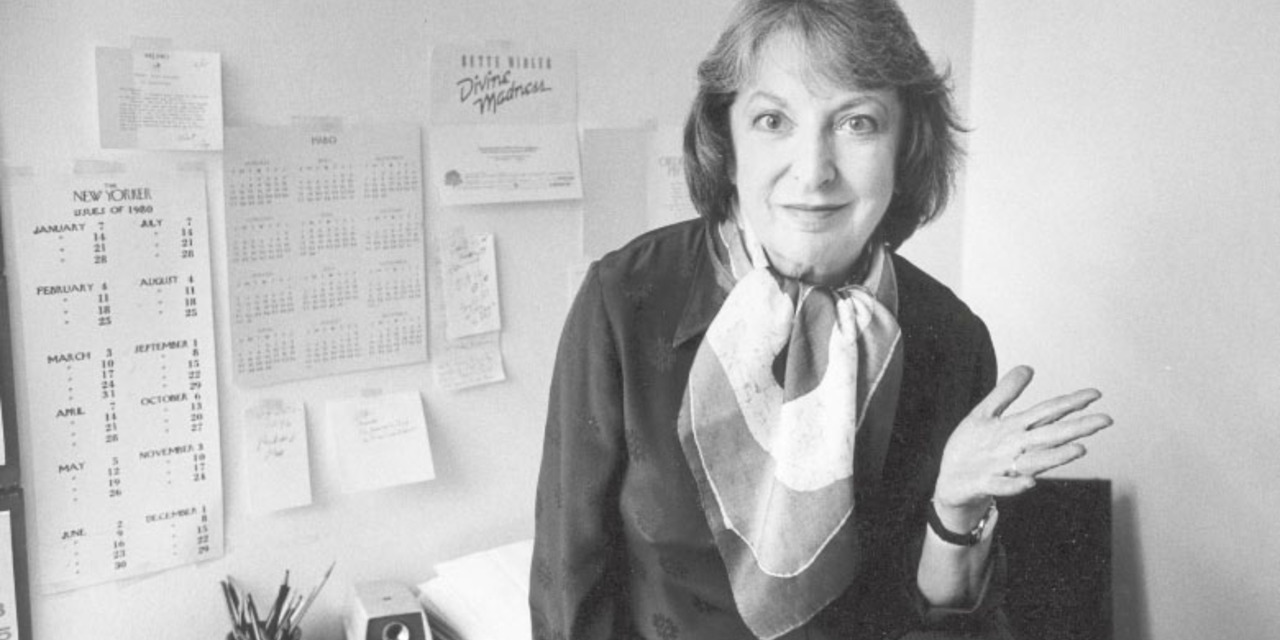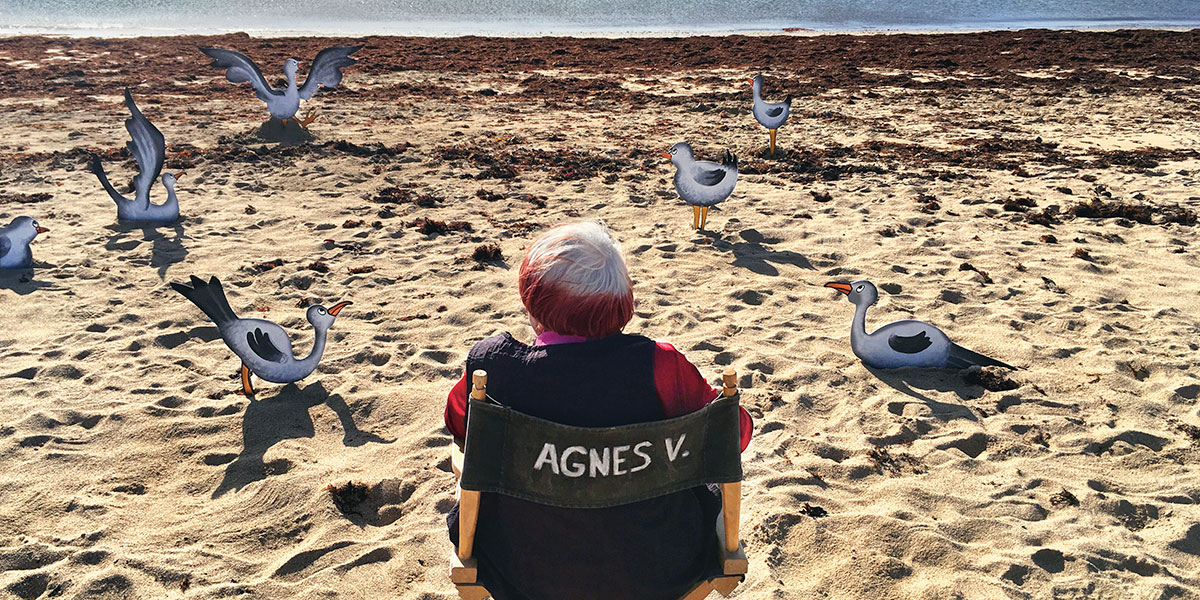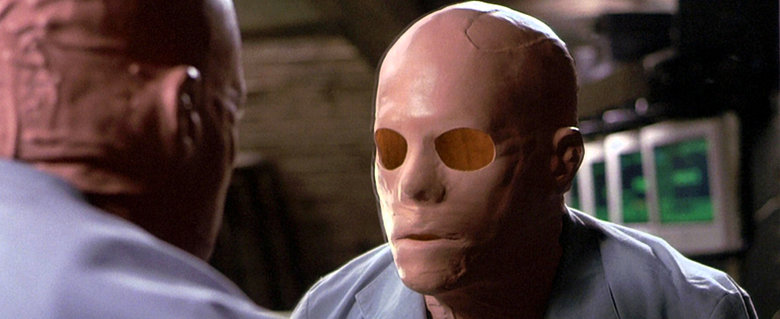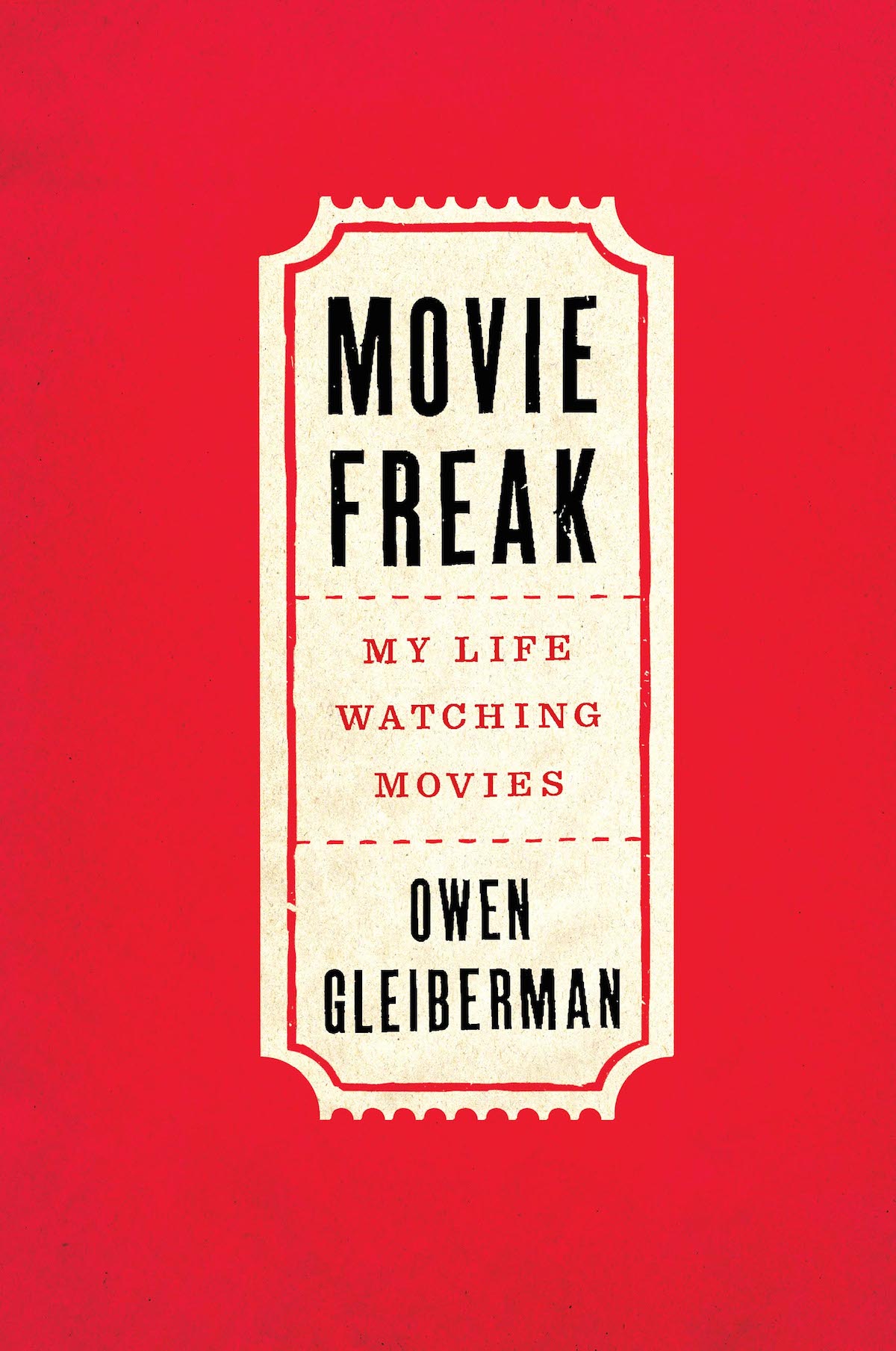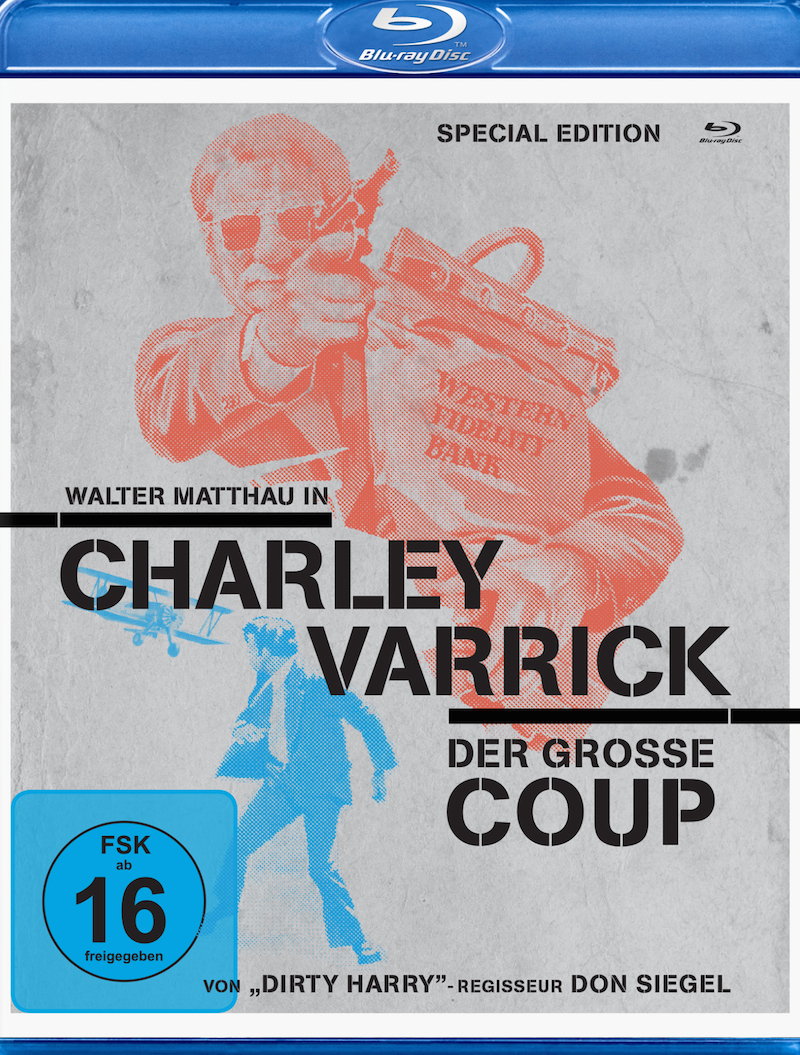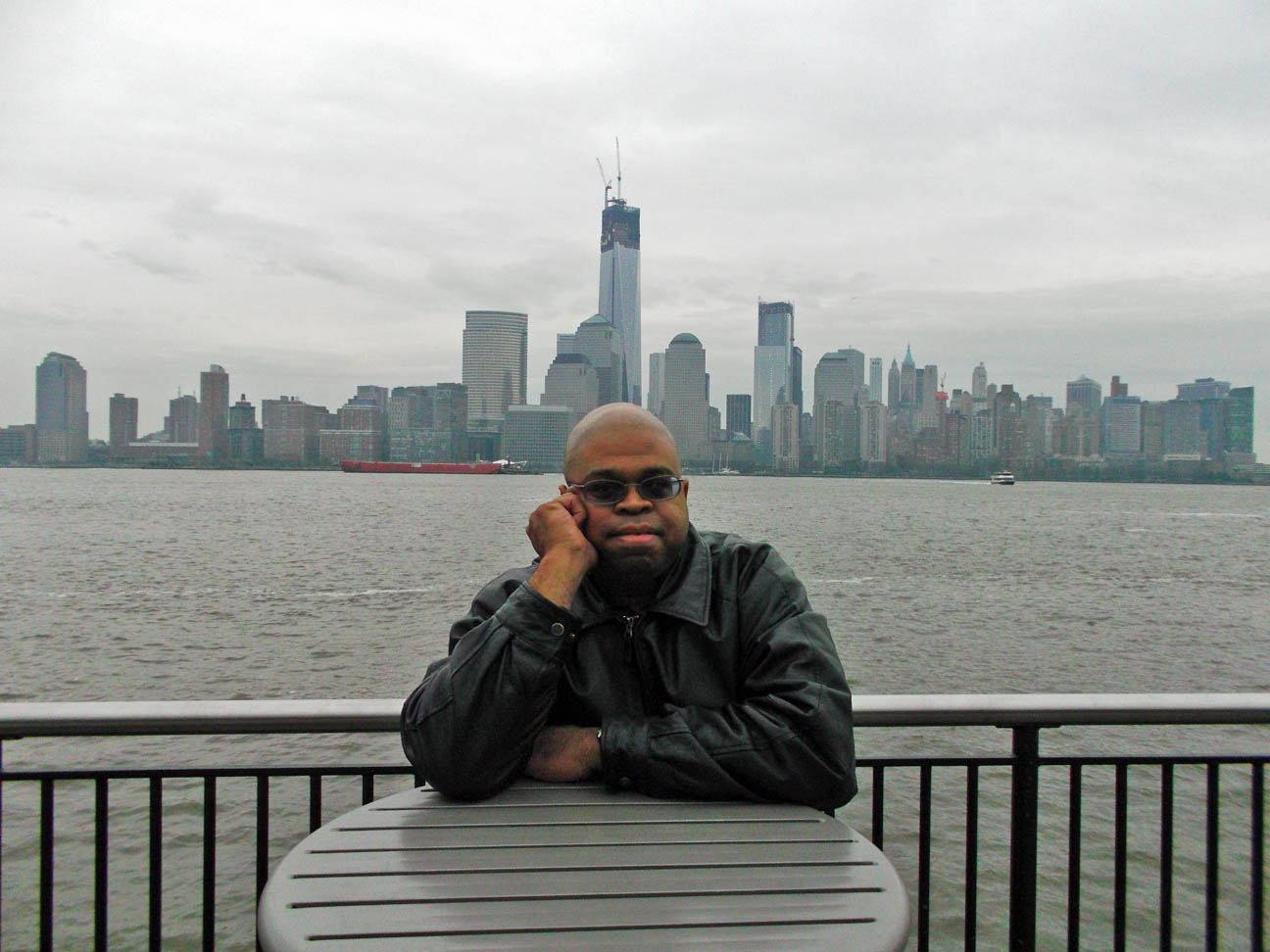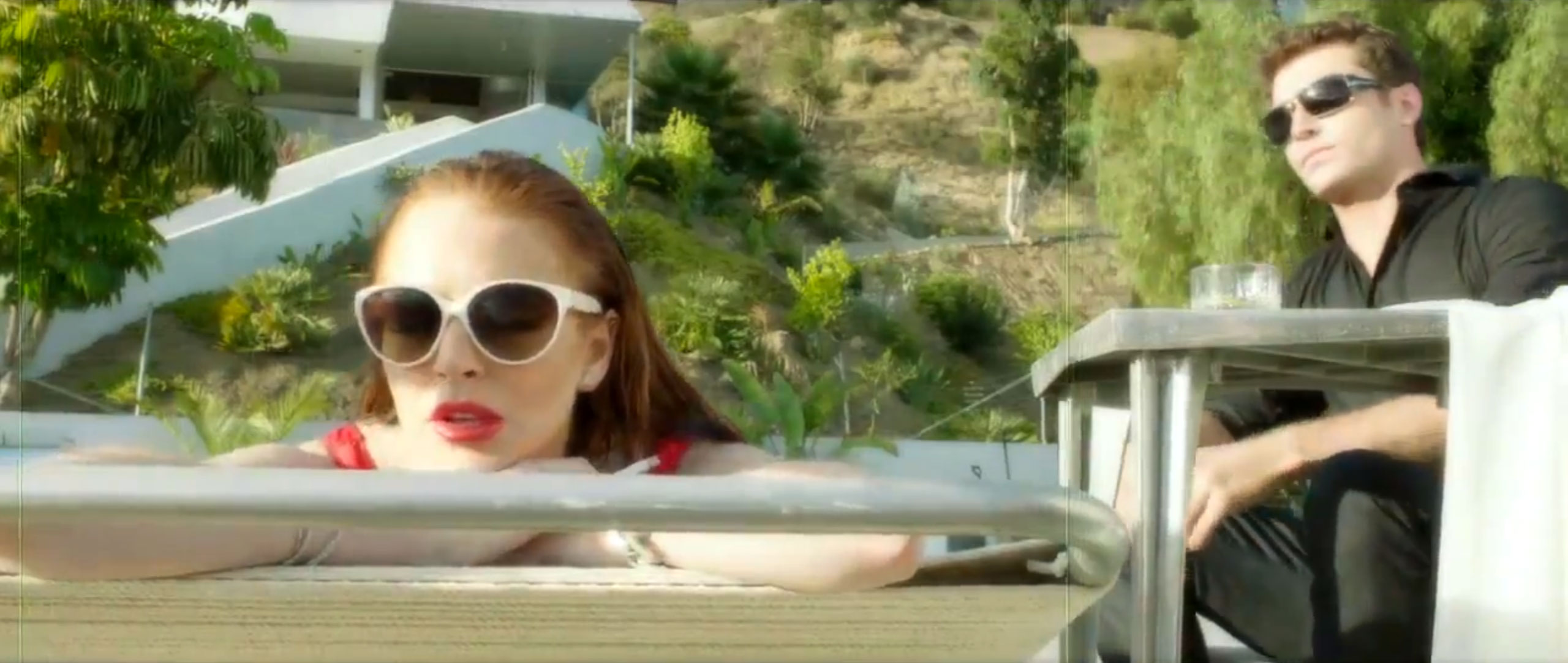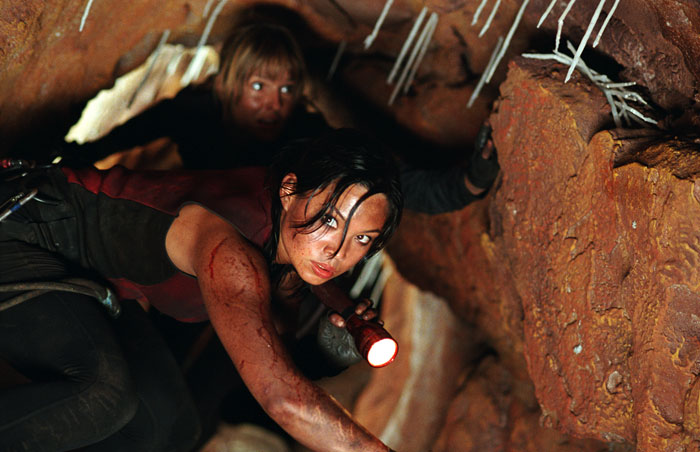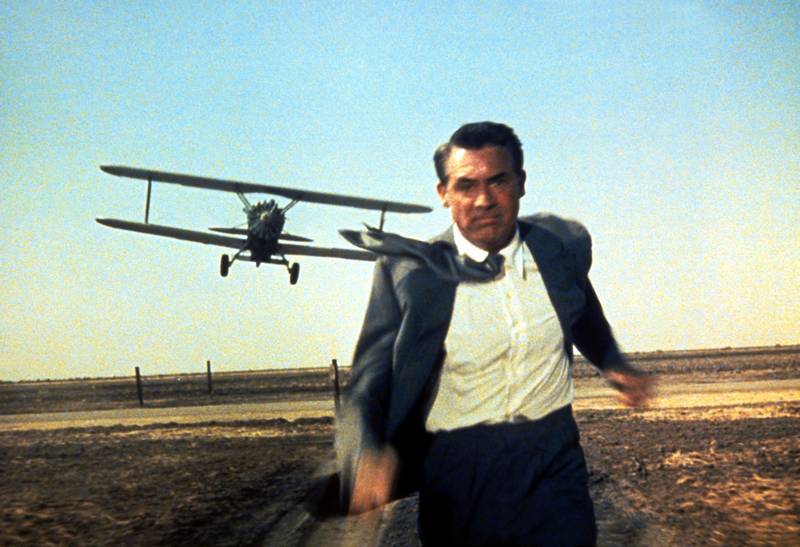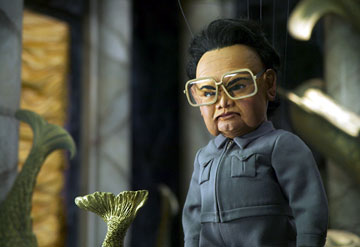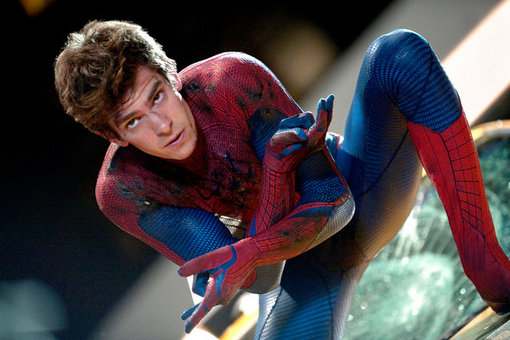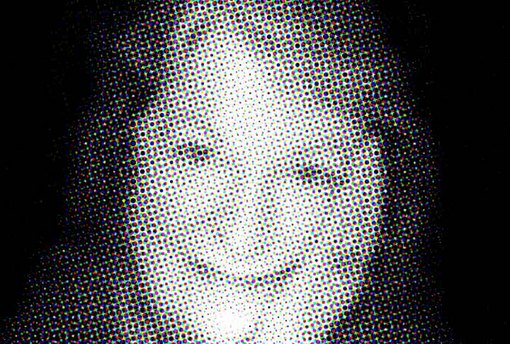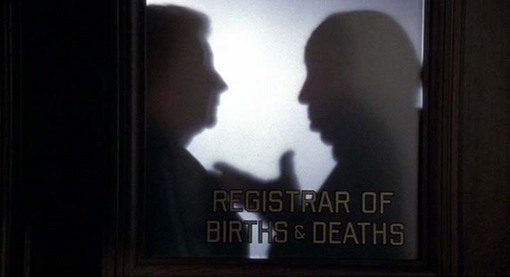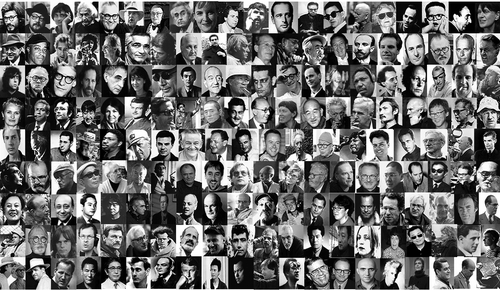Blog Posts That Mention DePalma
Hitchcock & DePalma: Split Screen Bloodbath
Matt Zoller Seitz
You Ready To Be the King?: Fresh Turns 30
Mack Bates
We Loved You Best: Tom Smothers (1937-2023)
Donald Liebenson
Why Sean Connery Was the Best Bond
Gerardo Valero
Rob Garver on What She Said: The Art of Pauline Kael
Michał Oleszczyk
NYFF 2019: Varda by Agnes, He Walked by Night, 45 Seconds of Laughter, Dodsworth
Odie Henderson
Music Box Memories: A Legendary Theatre Celebrates 90 Years
Brian Tallerico
30 Minutes On: “Hollow Man”
Matt Zoller Seitz
427: Ten years without Jen, twenty-six with
Matt Zoller Seitz
Critic’s Notes: Owen Gleiberman on “Movie Freak: My Life Watching Movies”
Patrick Z. McGavin
Once More Into The Breach: Some Overseas Blu-ray Action
Glenn Kenny
Who’s Who In Reviews: Odie Henderson
Chaz Ebert
Blu-ray: The Year in Review, OR Blu-ray Holiday Gift Guide: A “Choose Your Own Adventure” Deciders Feature
Glenn Kenny
Meet the Writers: Odie Henderson
The Editors
Thumbnails 9/4/2013
The Editors
Paul Schrader: Porn Again?
Bruce Fretts
The horror and the terror
Roger Ebert
101 102 Movies You Must See Before…
Jim Emerson
Politics, celebs and movie critics
Jim Emerson
Faking the real and unreeling the fake
Jim Emerson
Apocalypse Now: An audio-visual aid
Jim Emerson
Diminished by the movies
Jim Emerson
Detour: There’s an arty road ahead
Jim Emerson
It’s not nice to call a superhero a “unitard”
Jim Emerson
Bergman and Antonioni: Commercial moviemakers
Jim Emerson
Kiss Kiss Bang Bang: Deeper into Kael
Jim Emerson
Opening Shots: ‘Greetings’
Jim Emerson
Hitchcock’s Family Plot Photo Album
Jim Emerson
Who matters?
Jim Emerson
Name That Director!
Jim Emerson
The color of blood: A study in scarlet
Jim Emerson
Oh, the ‘Idiocracy’!
Jim Emerson
Your User’s Guide to Movie Violence
Jim Emerson
A marriage made in Hell
Gerardo Valero
Is it a curse or a gift?
Gerardo Valero
Too much frosting, not enough cake
Gerardo Valero
No Exorcist Can Handle Possession
Michał Oleszczyk
“Kill Bill” and the love of cinema
Gerardo Valero
So many films, so little time
Roger Ebert
Scorsese learns from those who went before him
Roger Ebert
Sweet roles come easily to Travolta
Roger Ebert
Al Pacino, Among Lost of ‘Glengarry’
Roger Ebert
Movie Answer Man (11/01/1993)
Roger Ebert
Popular Reviews

The best movie reviews, in your inbox
